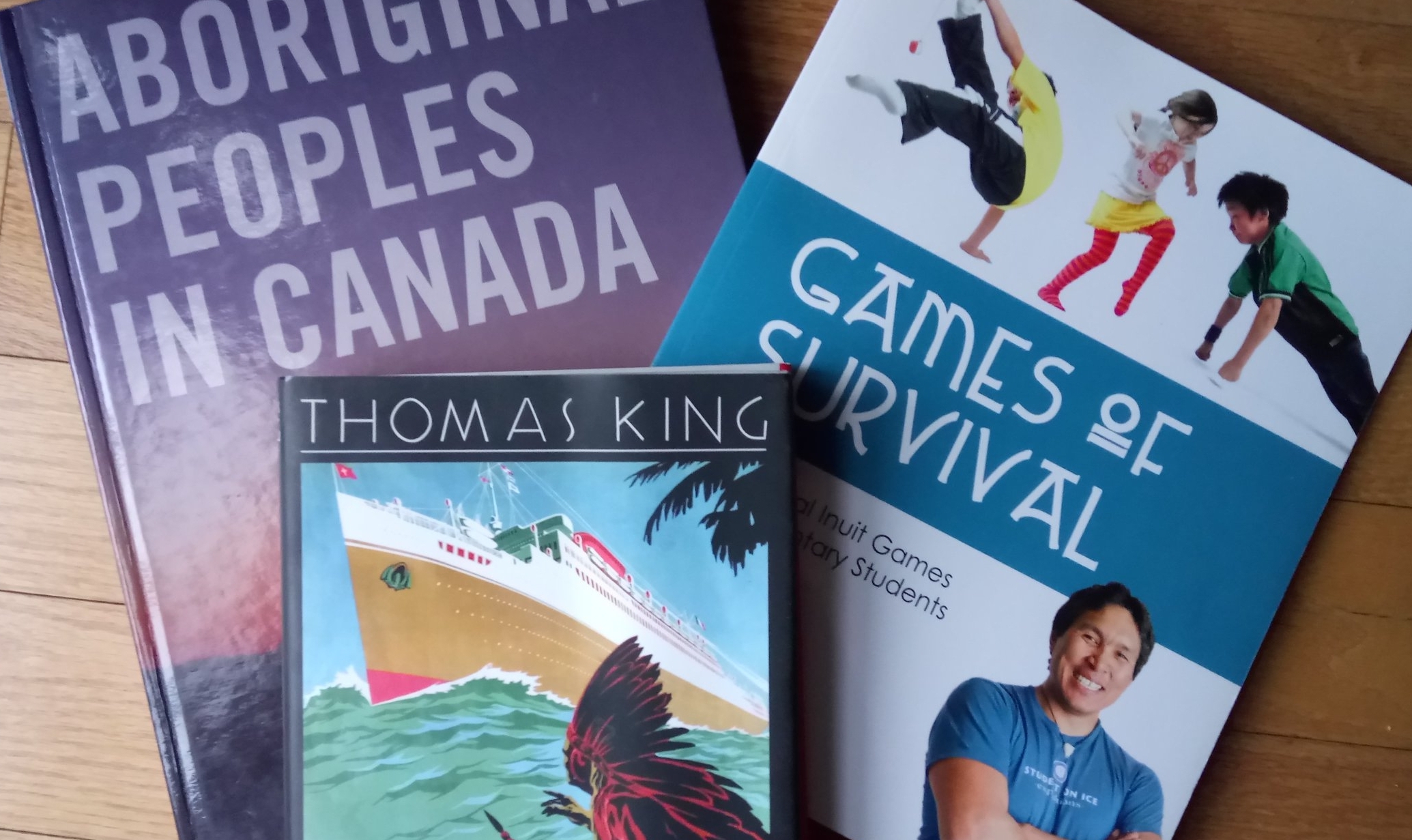Have you or your students heard of Mary Two-Axe Earley? Mary, a Kanien’kehá:ka (Mohawk) elder from Kahnawake, was an activist and a pioneer of the modern women’s movement on this land. You can learn more about her here, here, and here.
If you have access to a CAMPUS subscription through the National Film Board, beginning this month you will be able to view Mary Two-Axe Earley: I Am Indian Again and have access to the study guide which connects this film with Civics/Citizenship and Indigenous Studies, and is geared towards students aged 14+.
Watch the trailer, which includes footage of Mary standing her ground against an obstinate Prime Minister P.E. Trudeau.
Mary Two-Axe Earley: I Am Indian Again looks at gender discrimination in the Indian Act and connects it to the crises in Missing and Murdered Indigenous Women and Girls, by centering Mary’s story of activism.
In this clip, members of Mary’s family read the letter from the Superintendent of Indian Affairs which informed her that she had been stripped of her Indian Status after marrying a White man.
More links and information
Here is a link to the Q & A with the filmmaker, Courtney Montour, herself a Mohawk woman from Kahnawake. Montour explains the context behind the film, including the use of the term “Indian” and Canadian law under the Indian Act. You can also read this interview with Montour from October 2021 from the Toronto Star.
The film has won multiple awards including
Best Documentary Short American Indian Film Festival (2021)
Documentary Short imagineNATIVE Film + Media Arts Festival, Toronto, Canada, (2021)
Best Director Weengushk International Film Festival (2021)
Finally, you can view this short video from Historica Canada, who highlighted Mary Two-Axe Earley as part of their Women in Canadian History series. This video might be suitable for older Primary students as well.
Watch the Historica Canada feature on Mary Two-Axe Earley.
